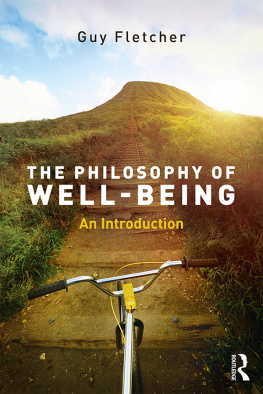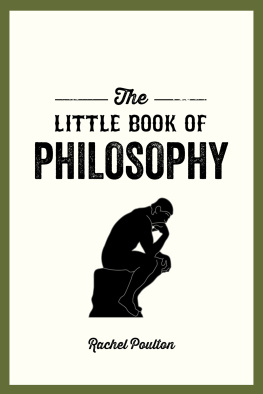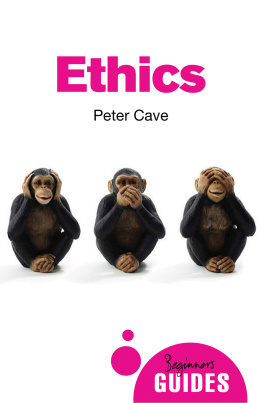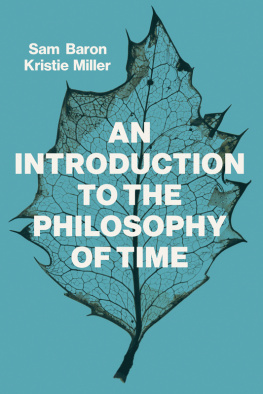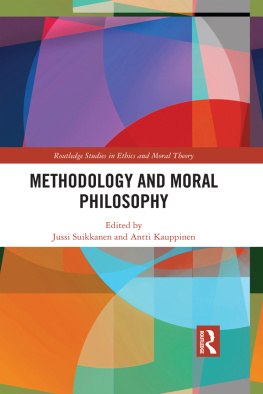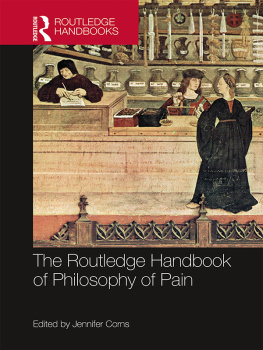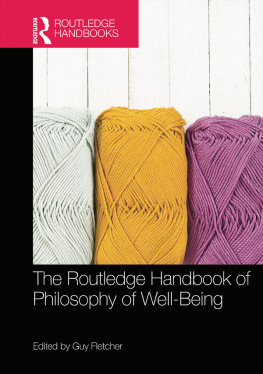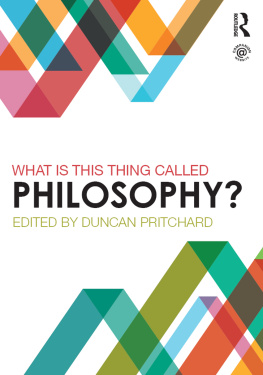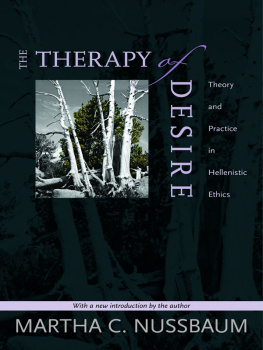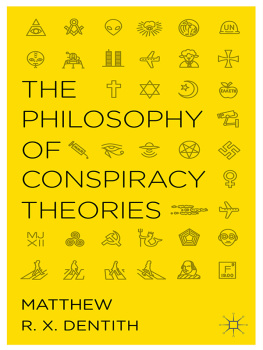The Philosophy of Well-Being
Well-being occupies a central role in ethics and political philosophy, including in major theories such as utilitarianism. It also extends far beyond philosophy: recent studies on the science and psychology of well-being have propelled the topic to centre stage, and governments spend millions on promoting it. We are encouraged to adopt modes of thinking and behaviour that support individual well-being or wellness.
What is well-being? Which theories of well-being are most plausible? In this rigorous and comprehensive introduction to the topic, Guy Fletcher unpacks and assesses these questions and many more, including:
Are pleasure and pain the only things that affect well-being?
Is desire-fulfilment the only thing that makes our lives go well?
Can something be good for someone who does not desire it?
Is well-being fundamentally connected to a distinctive human nature?
Is happiness all that makes our lives go well?
Is death necessarily bad for us?
How is the well-being of a whole life related to well-being at particular times?
Also included is a glossary of key terms, and annotated further reading and study and comprehension questions follow each chapter, making The Philosophy of Well-Being essential reading for students in ethics and political philosophy, and also suitable for those in related disciplines such as psychology, politics and sociology.
Guy Fletcher is a Lecturer in Philosophy at the University of Edinburgh, UK. His current research is in metaethics, moral psychology and political philosophy. He is also the editor of The Routledge Handbook of Philosophy of Well-Being (2016).
The Philosophy of Well-Being
An introduction
Guy Fletcher

First published 2016
by Routledge
2 Park Square, Milton Park, Abingdon, Oxon OX14 4RN
and by Routledge
711 Third Avenue, New York, NY 10017
Routledge is an imprint of the Taylor & Francis Group, an informa business
2016 Guy Fletcher
The right of Guy Fletcher to be identified as the author of this work has been asserted by him in accordance with sections 77 and 78 of the Copyright, Designs and Patents Act 1988.
All rights reserved. No part of this book may be reprinted or reproduced or utilised in any form or by any electronic, mechanical, or other means, now known or hereafter invented, including photocopying and recording, or in any information storage or retrieval system, without permission in writing from the publishers.
Trademark notice: Product or corporate names may be trademarks or registered trademarks, and are used only for identification and explanation without intent to infringe.
British Library Cataloguing in Publication Data
A catalogue record for this book is available from the British Library
Library of Congress Cataloging in Publication Data
Names: Fletcher, Guy, 1983- author.
Title: The philosophy of well-being : an introduction / by Guy Fletcher.
Description: 1 [edition]. | New York : Routledge, 2016. | Includes bibliographical references and index.
Identifiers: LCCN 2015040250| ISBN 9781138818347 (hardback : alk. paper)
ISBN 9781138818354 (pbk. : alk. paper) | ISBN 9781315745329 (e-book)
Subjects: LCSH: Well-being.
Classification: LCC BD431 .F54 2016 | DDC 171/.3--dc23
LC record available at http://lccn.loc.gov/2015040250
ISBN: 978-1-138-81834-7 (hbk)
ISBN: 978-1-138-81835-4 (pbk)
ISBN: 978-1-315-74532-9 (ebk)
For written comments on various drafts of this work I am extremely grateful to: Daniel Groll, Benjamin Yelle, Eden Lin, Connie Rosati, Alex Gregory, Alex Sarch, Tim Taylor, Debbie Roberts, Rick Sendelbeck, Gwen Bradford, Richard Kim, Ben Bramble, Chris Woodard.
There are an enormous number of people whom I should thank for stimulating conversations or email exchanges on these issues. In addition to the above, these include: Jacob Edwards, Brad Hooker, Philip Stratton-Lake, John Cottingham, Jonathan Dancy, Jussi Suikkanen, Francesco Orsi, Valerio Salvi, Fiona Woollard, Alex Gregory, John Midgley, Richard Kraut, Steve Campbell, Alex Sarch, Brad Cokelet, Jennifer Hawkins, Chris Heathwood, Dale Dorsey, Daniel Halliday, Talbot Brewer, Anne Baril, Allan Hazlett, Jason Raibley, Hallie Liberto, Janice Dowell, Mike Ridge, Patrick Todd, Elinor Mason, Matthew Chrisman, Kenneth Walden, Alan Wilson, Alfred Archer, Silvan Wittwer and others I have surely forgotten (please accept my apologies!).
I must also thank my students from Exeter College, Oxford (20092011) and from University of Edinburgh (2011), along with Alex Sarchs students from University of Southern California (who were guinea-pigs for a draft version of the book), for a cavalcade of helpful questions, suggestions and confusions.
Tony Bruce and Adam Johnson at Routledge were tremendously helpful, as were a raft of referees for the proposal and the final version, each of whom made innumerable improvements.
The final debt to acknowledge is to Debbie and Elijah Roberts, each of whom gives my life a continual uphill curve.
From the fact that you are reading this introduction it is fairly safe to assume that your life is going reasonably well. You have access to books, you have the linguistic and other capacities with which to read them, and you have the free time to do so. Such has not been true of the majority of people who have ever lived.
You might wonder what I mean in saying that your life is going reasonably well and that other peoples lives do (did) not. The relevant kind of evaluation I am making is in terms of well-being, about how well lives go for the person who lives them. But you might wonder what well-being is. One thing I could do to try to help here is to point you to a string of synonyms (welfare, prudential value, self-interest, utility) and you might find that somewhat helpful. But you might still be a little unsure or sceptical about the idea of someones life going well or going badly. Let me say a little more.
Some peoples lives go extremely well. They are born into happy families, they secure good educations, make friends, pursue interesting and rewarding work, enjoy pleasurable hobbies, have loving and supportive families. Other lives go extremely badly. Here are two descriptions of such lives. The first, a description of nineteenth-century English peasant life:
His sire was a pauper, and his mothers milk wanted nourishment. From infancy his food has been bad as well as insufficient; and he now feels the pains of unsatisfied hunger nearly whenever he is awake. But half-clothed, and never supplied with more warmth than suffices to cook his scanty meals, cold and wet come to him, and stay by him with the weather. He is married, but he has not tasted the highest joys of husband and father. His partner, and little ones being, like himself, often hungry, seldom warm, sometimes sick without aid, and always sorrowful without hope, are greedy, selfish, and vexing; so, to use his own expression, he hates the sight of them, and resorts to his hovel, only because a hedge affords less shelter from the wind and rain. He must support his family, though he cannot do so. This brings begging, trickery, and quarrelling; and ends in settled craft. Though he have the inclination, he wants the courage to become, like more energetic men of his class, a poacher or smuggler on a large scale; but he pilfers occasionally, and teaches his children to lie and steal. His subdued and slavish manner toward his great

